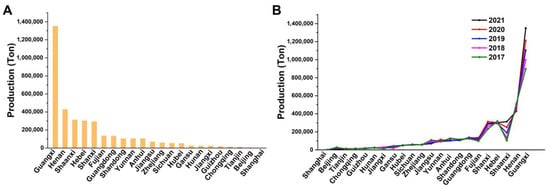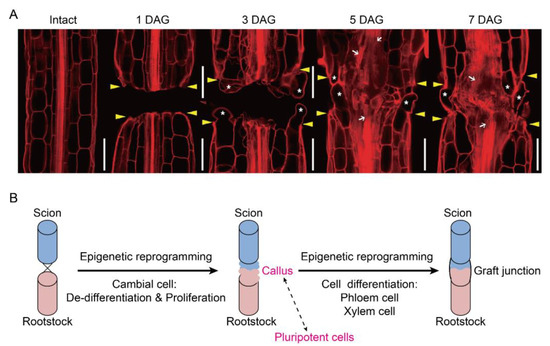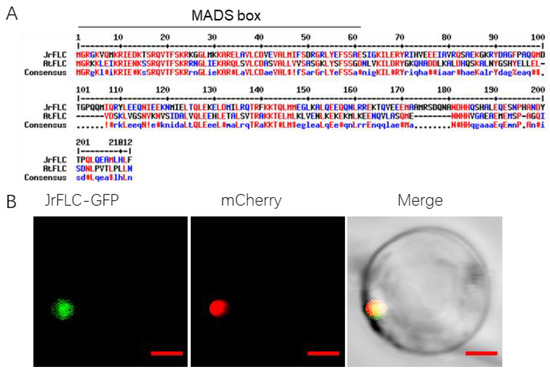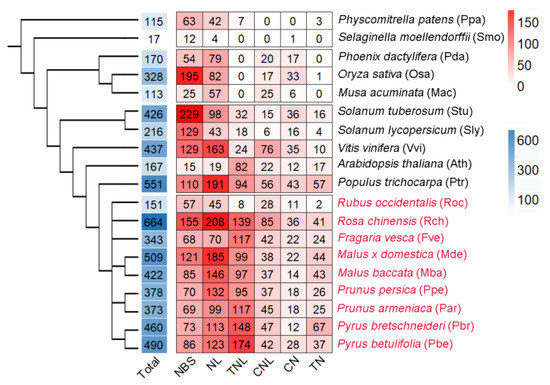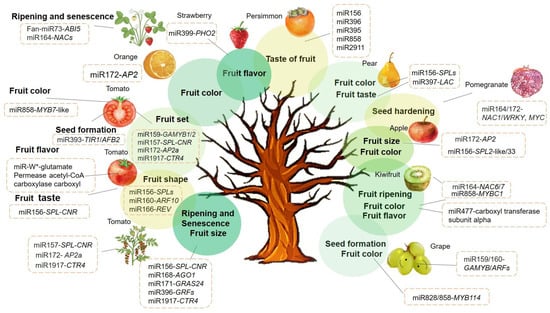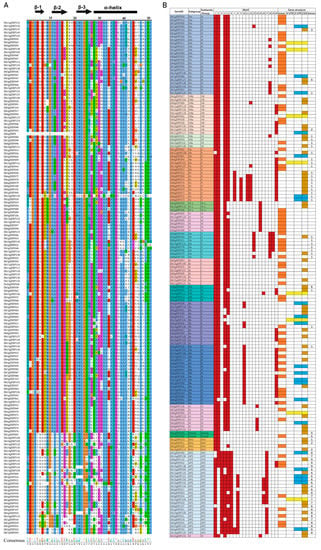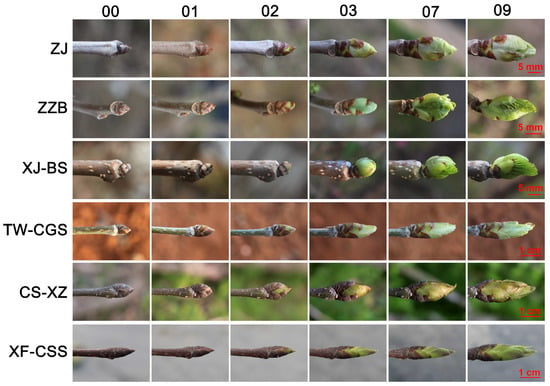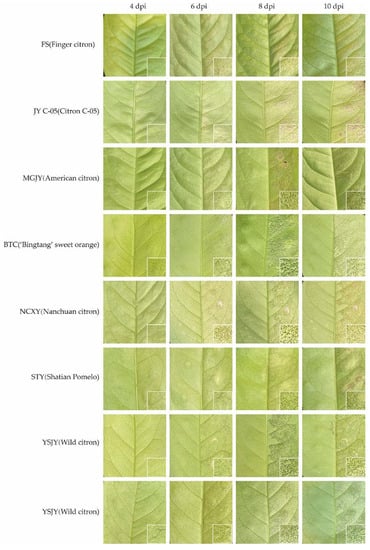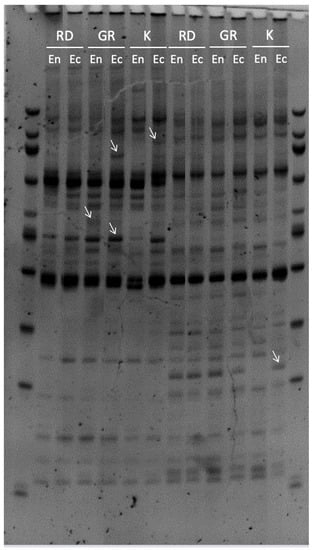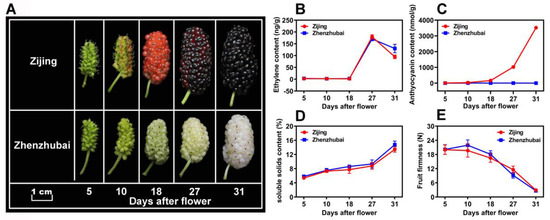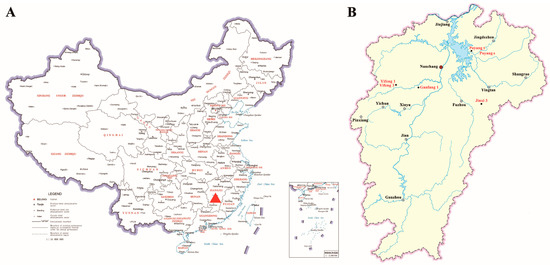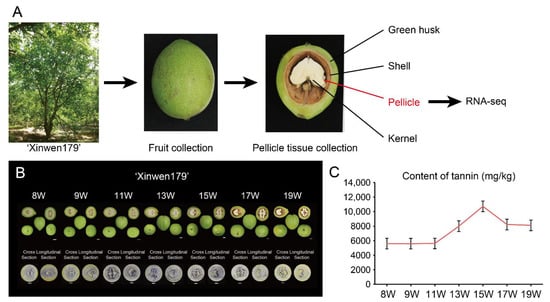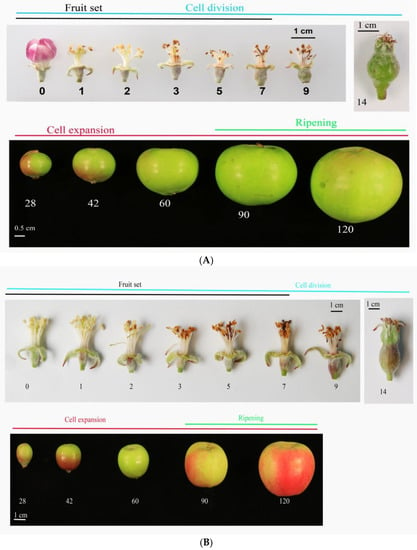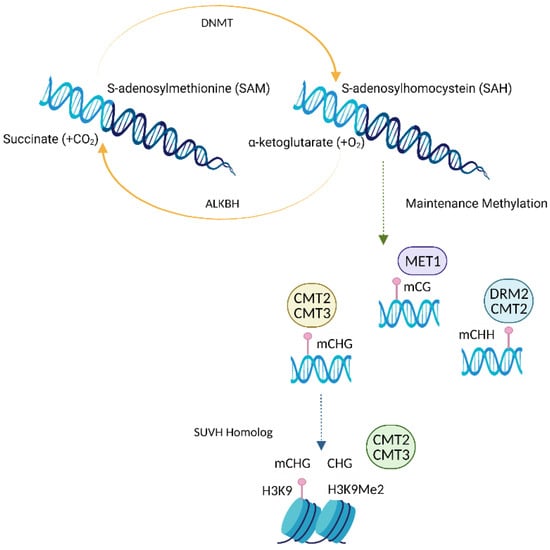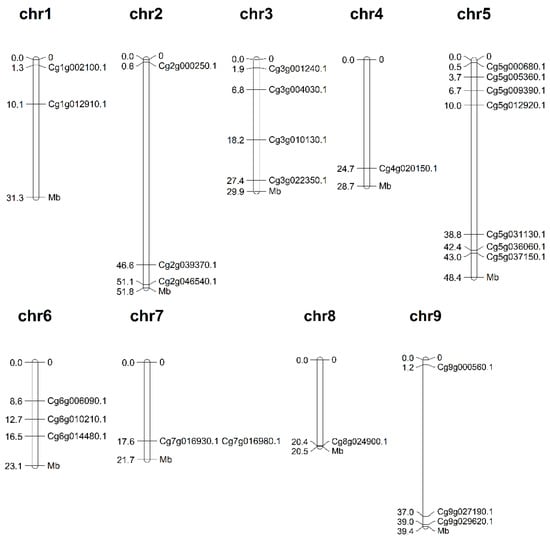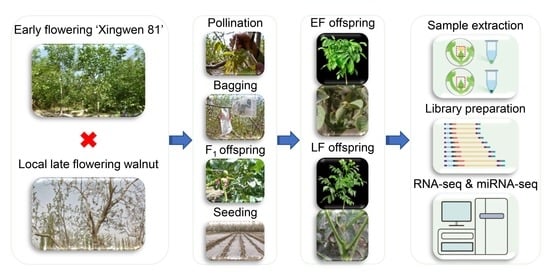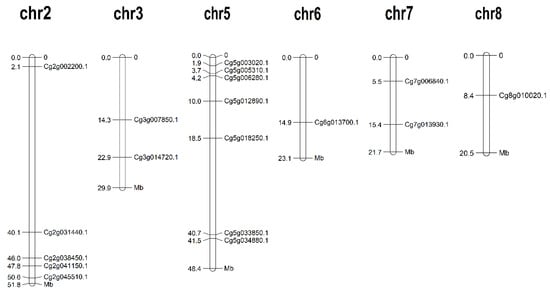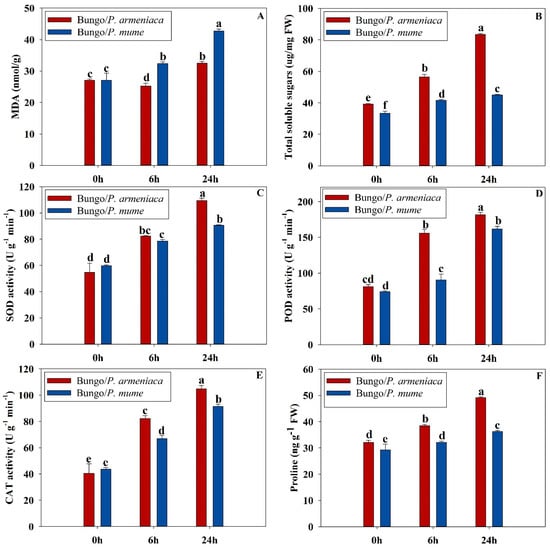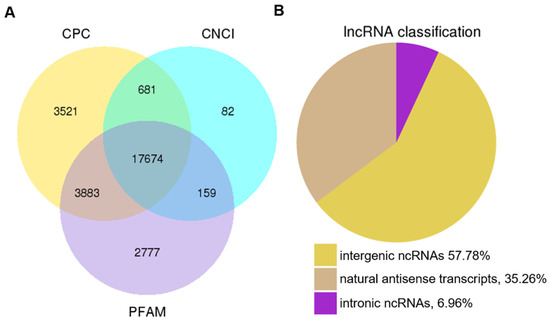Epigenetic Modifications and Breeding Application in Horticultural Plants
A topical collection in Horticulturae (ISSN 2311-7524). This collection belongs to the section "Genetics, Genomics, Breeding, and Biotechnology (G2B2)".
Submission Status: Closed | Viewed by 92254Editors
Interests: plant epigenetics; epigenomics; epigenetic reprogramming; flowering time; tuber development
Interests: DNA methylation; RNA methylation; histone modification; flowering time; plant epigenetics; plant breeding; banana; persimmon
Interests: plant flowering; plant development; water stress; low temperature; flowering regulation; flower bud differentiation; leaf development
Special Issues, Collections and Topics in MDPI journals
Topical Collection Information
Dear Colleagues,
In recent years, we have witnessed tremendous advances in techniques and mechanically epigenetic regulation in plant epigenetics, which have been determined to play vital roles in developmental cues and environmental adaptation. Epigenetic modifications that occur toward the central dogma of DNA, RNA, and histone protein, mainly including DNA methylation, RNA modifications, histone post-translational modifications, chromatin remodeling, and non-coding RNAs (small RNAs, long non-coding RNAs), act as major drivers for the regulation of gene transcription and RNA metabolism in plants. As an emerging research field in horticultural plants, epigenetic modifications have already been revealed to regulate various processes, such as fruit development and ripening. In this Topical Collection, we aim to present papers on current progresses of epigenetic regulation and breeding application in horticultural plants. We aim to publish high-impact papers with novelties in (but not limited to) the topics listed below:
- Epigenomic profiles;
- Epigenetic regulation of development processes;
- Epigenetic improvement for environmental adaptation;
- Genome-wide identification of epigenetic enzymes;
- Other omics-based profiles;
- Bioinformatics;
- Gene expression and regulation;
- Progresses in breeding approaches;
- Opinions and future perspectives.
Dr. Pingxian Zhang
Dr. Sadaruddin Chachar
Prof. Dr. Jinzhi Zhang
Dr. Changfei Guan
Collection Editors
Manuscript Submission Information
Manuscripts should be submitted online at www.mdpi.com by registering and logging in to this website. Once you are registered, click here to go to the submission form. Manuscripts can be submitted until the deadline. All submissions that pass pre-check are peer-reviewed. Accepted papers will be published continuously in the journal (as soon as accepted) and will be listed together on the collection website. Research articles, review articles as well as short communications are invited. For planned papers, a title and short abstract (about 250 words) can be sent to the Editorial Office for assessment.
Submitted manuscripts should not have been published previously, nor be under consideration for publication elsewhere (except conference proceedings papers). All manuscripts are thoroughly refereed through a single-blind peer-review process. A guide for authors and other relevant information for submission of manuscripts is available on the Instructions for Authors page. Horticulturae is an international peer-reviewed open access monthly journal published by MDPI.
Please visit the Instructions for Authors page before submitting a manuscript. The Article Processing Charge (APC) for publication in this open access journal is 2200 CHF (Swiss Francs). Submitted papers should be well formatted and use good English. Authors may use MDPI's English editing service prior to publication or during author revisions.
Keywords
- epigenetic modification
- DNA methylation
- RNA modification
- histone modification
- epigenetic regulation
- environmental adaptation
- development
- gene expression
- breeding strategy
- horticultural plants









